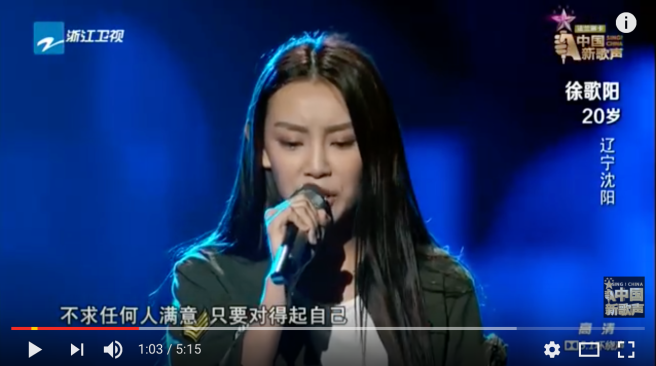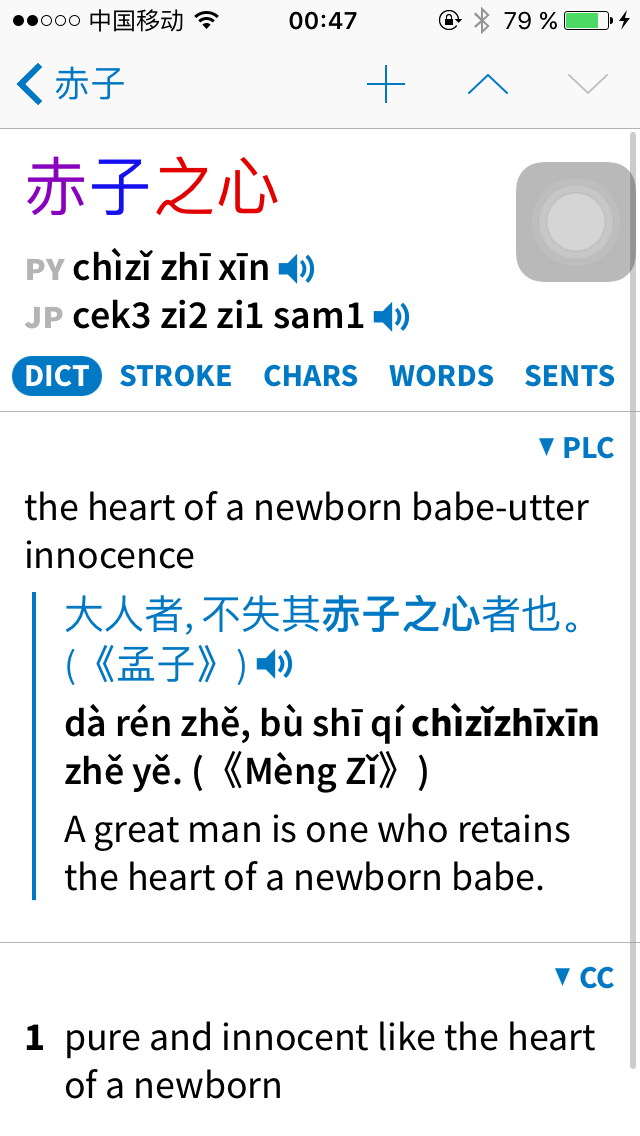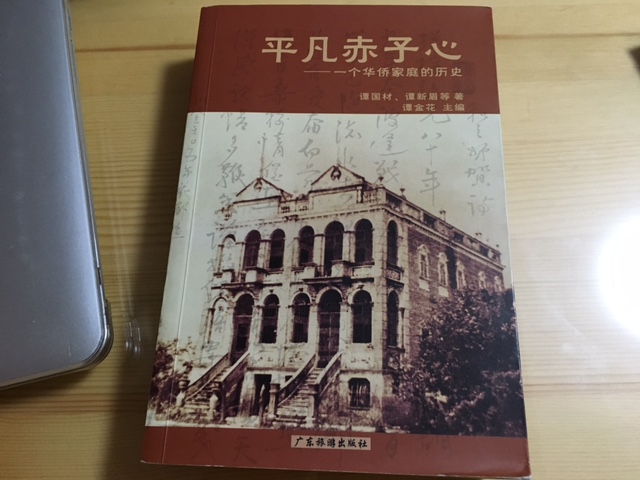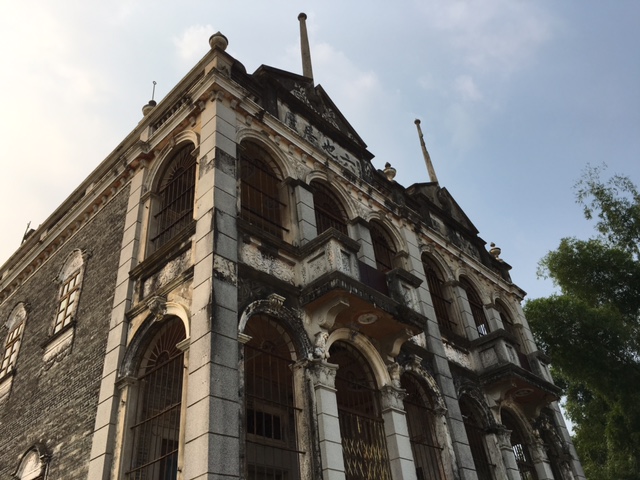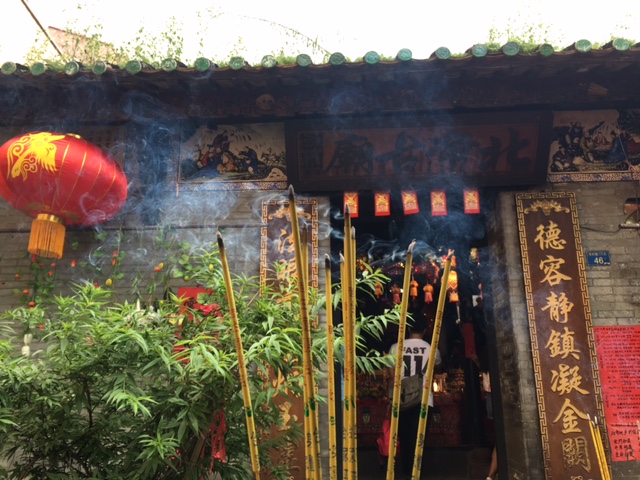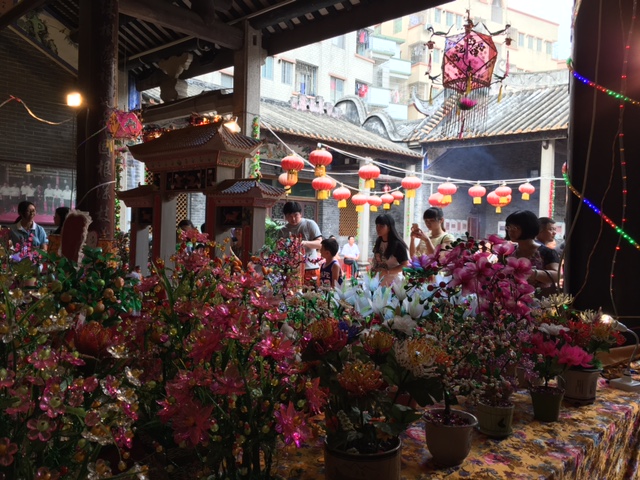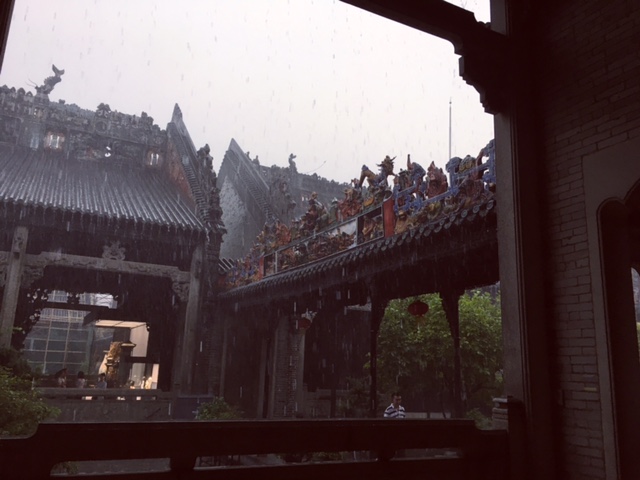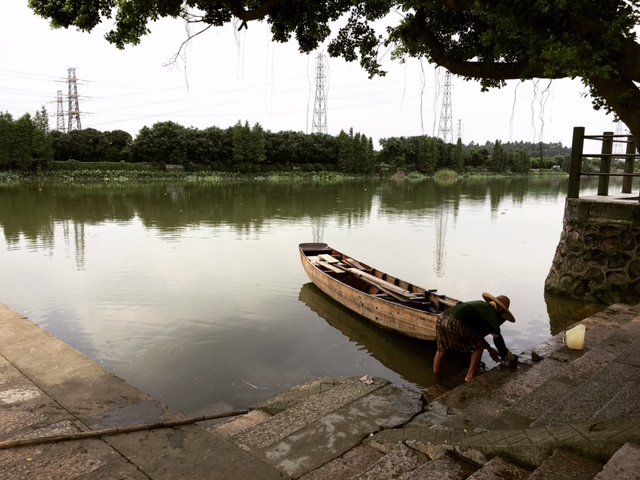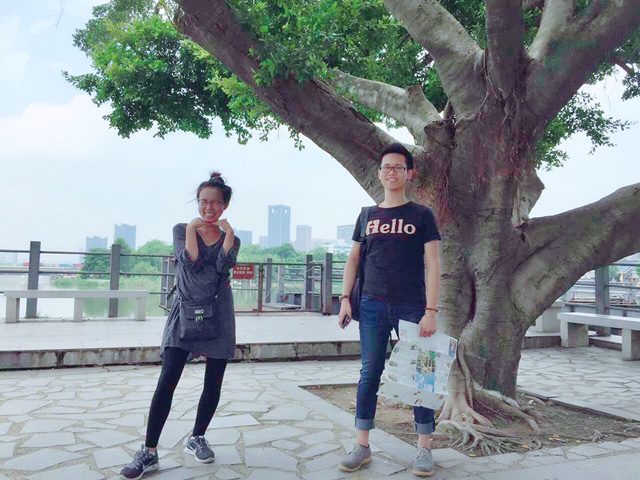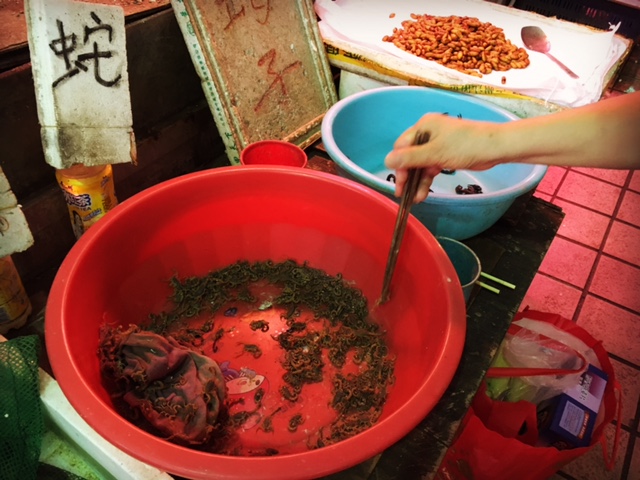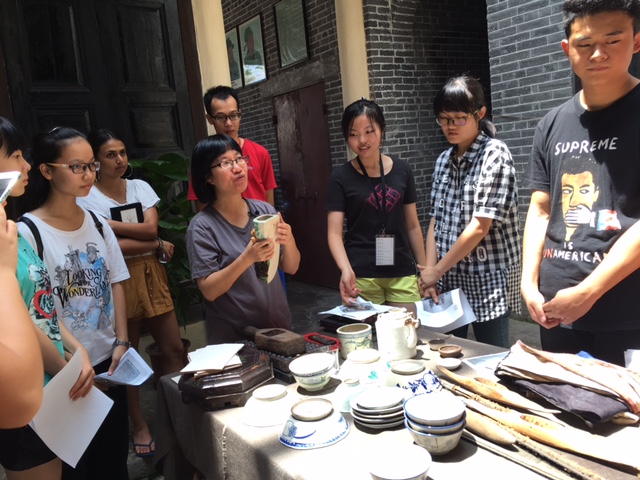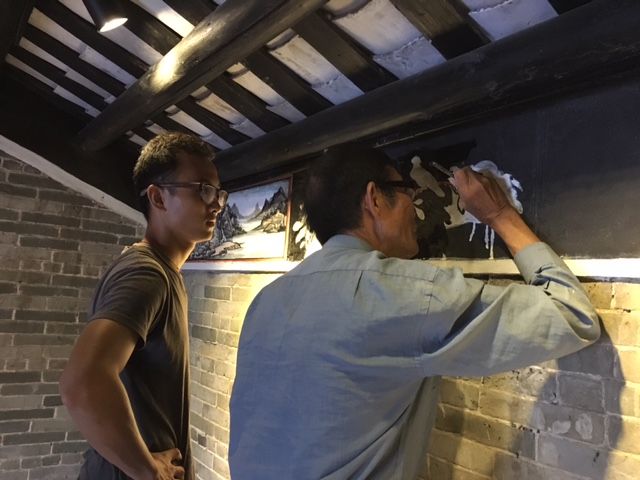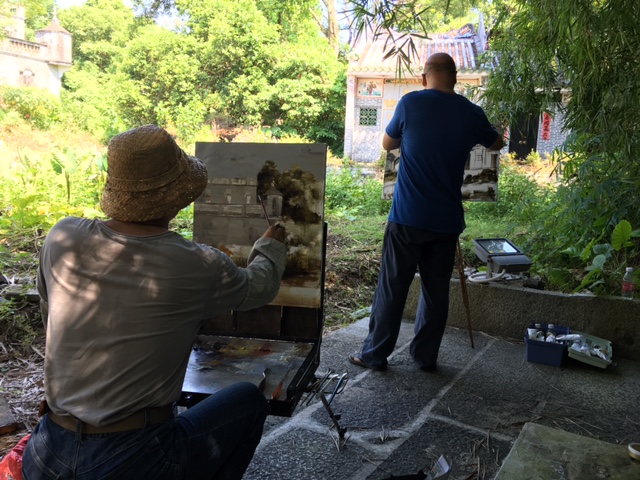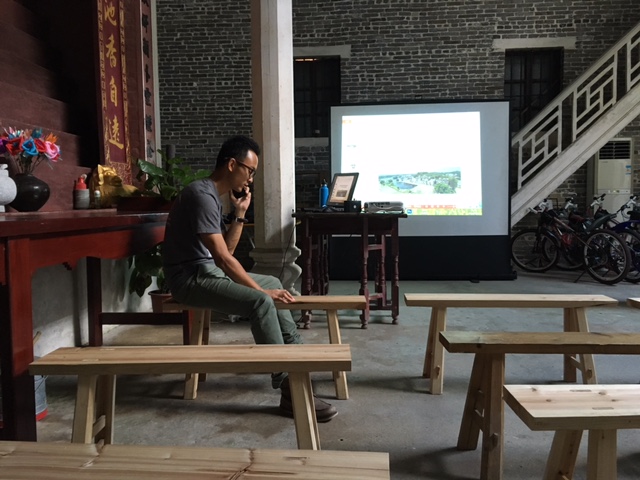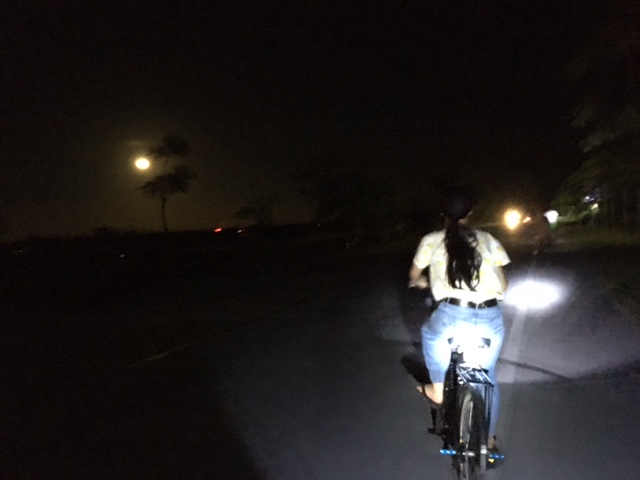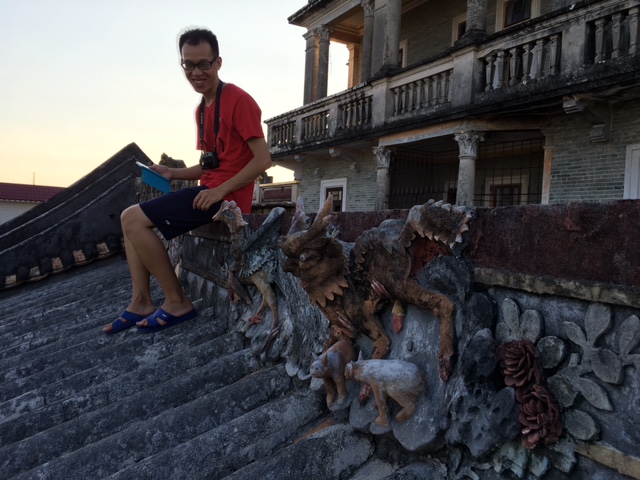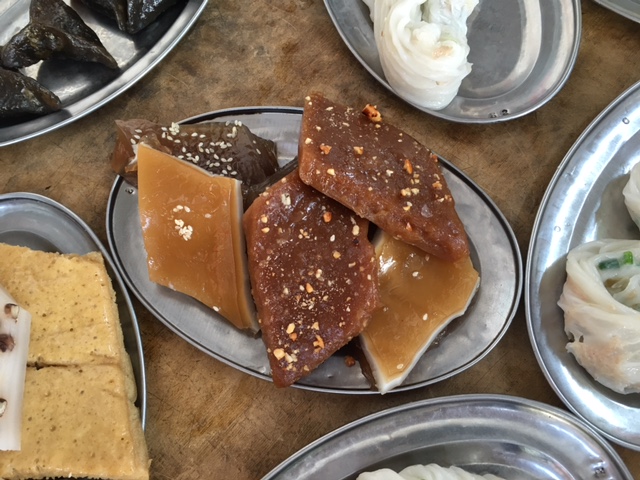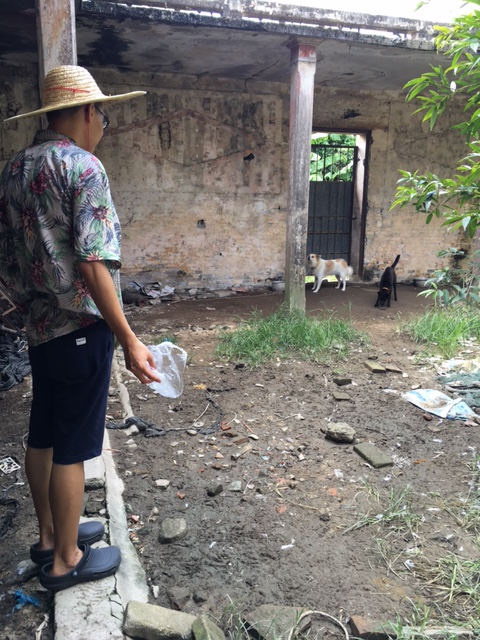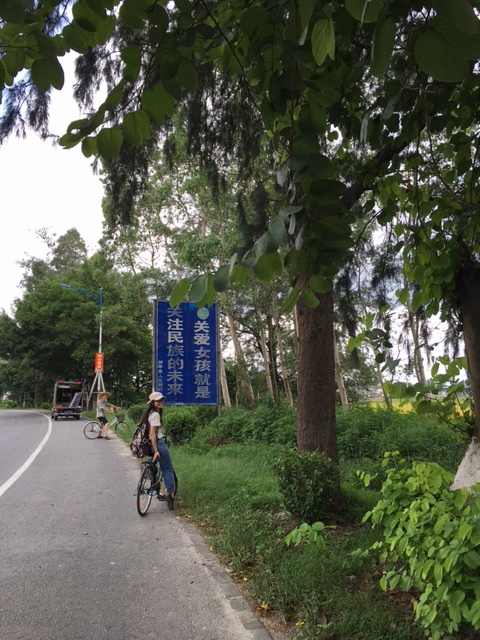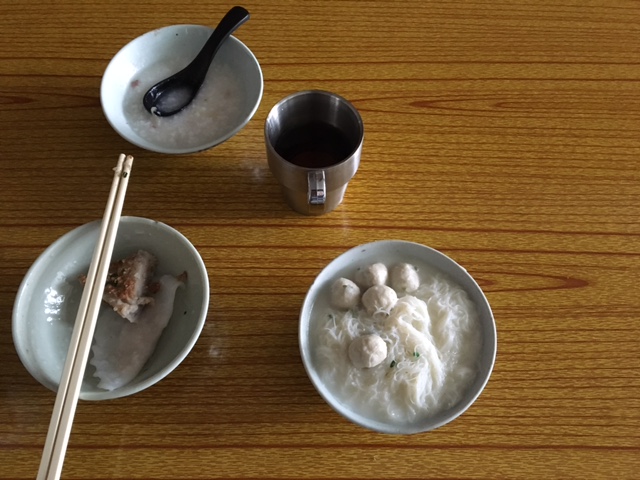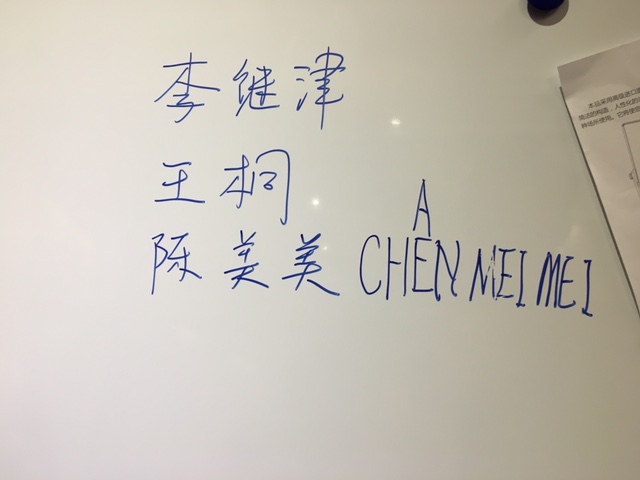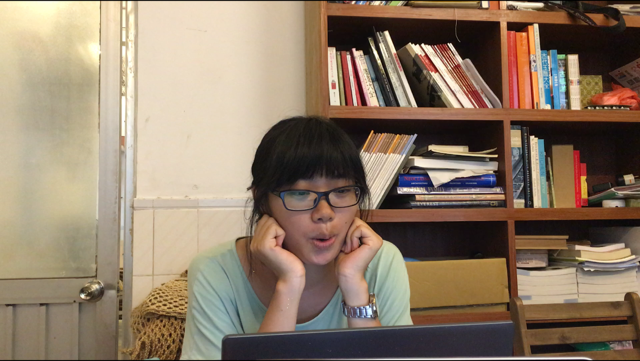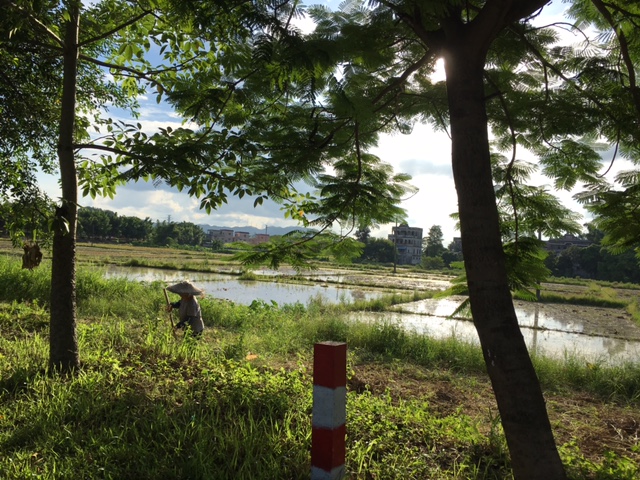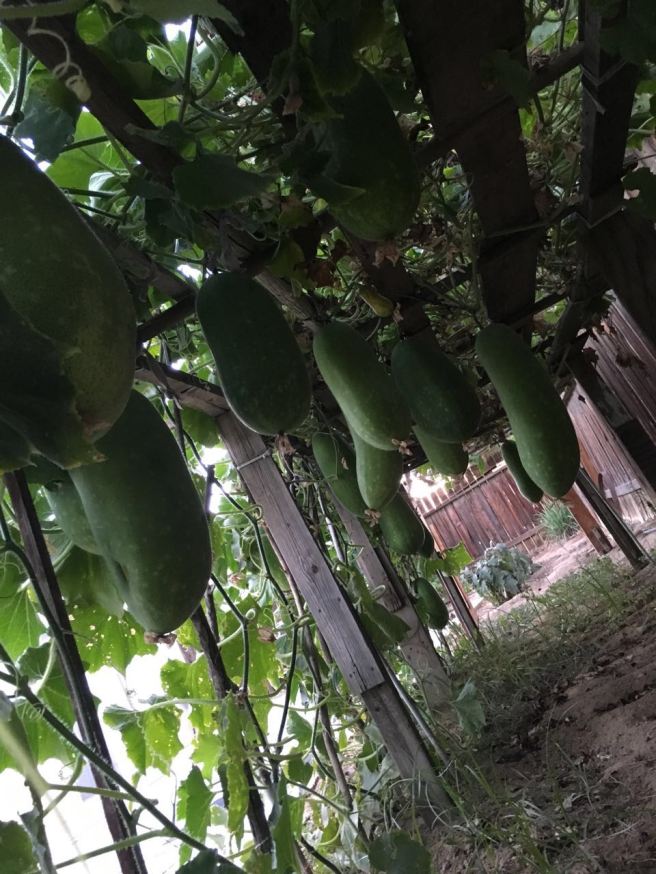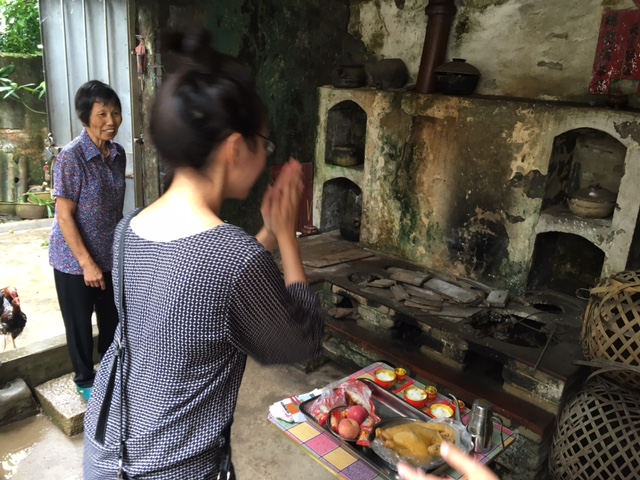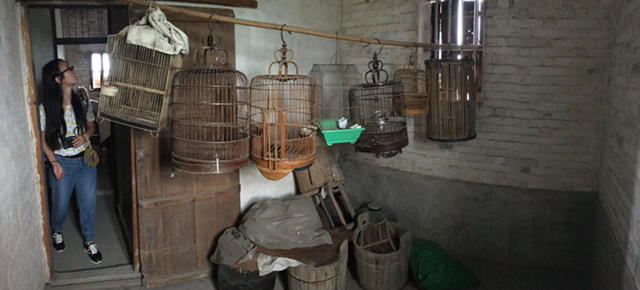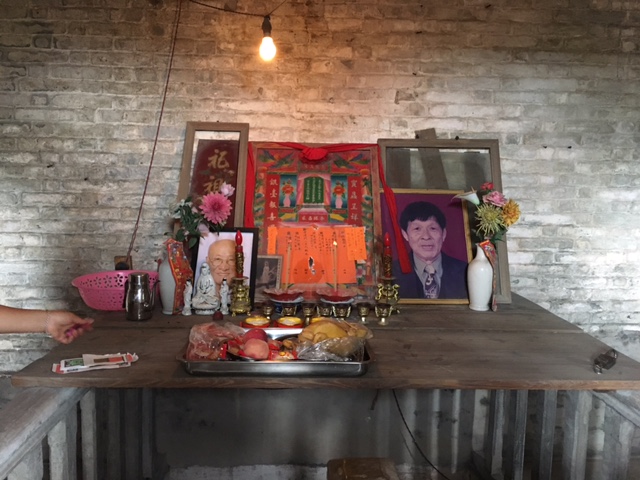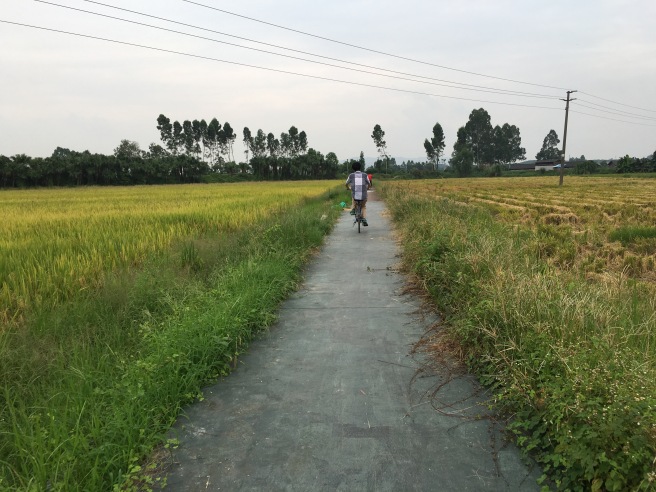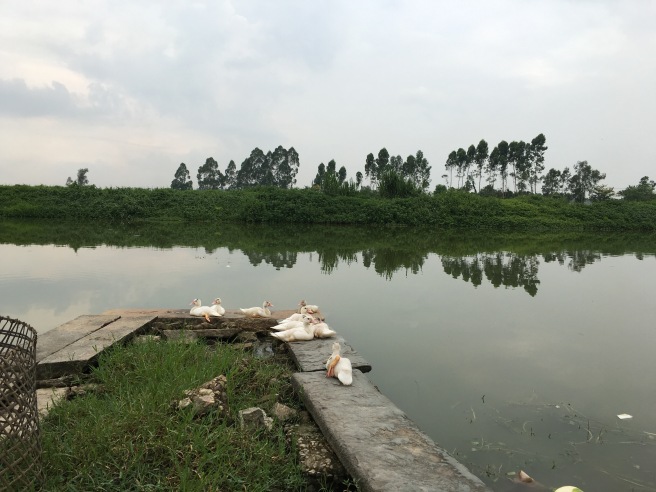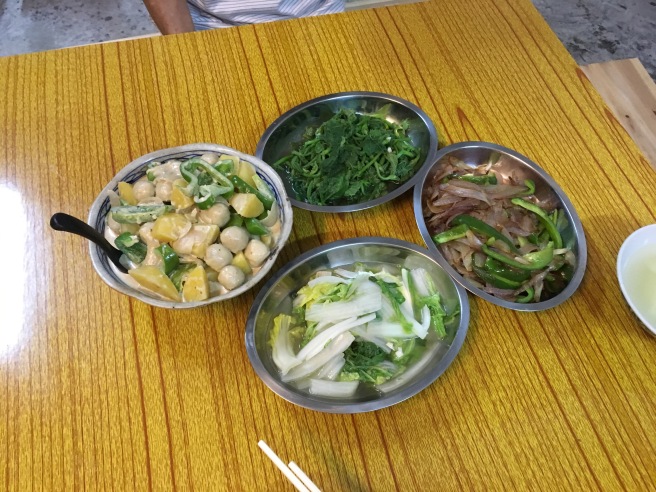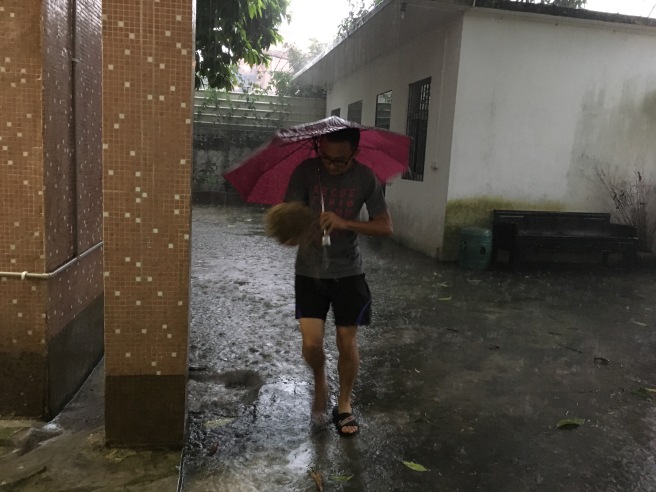I am home now, trying to recover from the rampant acne breakout on my face, the backache from sleeping for two months on hard Chinese beds with a spinal fusion, and last but certainly not least, JET LAG. The worst jet lag of my life… Sigh. Between all the excitement of coming home, visiting doctors, and writing my summer travel report for the Williams fellowships office, I didn’t have time to write about my last few days of gallivanting in Guangzhou with my aunt and my cousin, going back to Kaiping to visit Taishan with Laura, and Laura visiting my mom’s village to pass the Ghost Festival.
Thanks for the great end to my summer travel fellowship, Laura! Good luck at your conference in Japan later this week and have a safe trip back home and back to school!
I am irrecoverably behind on this blog now… my summer travel fellowship is over… but before I conclude this blog, I still need to write my complete review of all the products I used in my struggle against the Chinese mosquitos. But before THAT post, I want to talk about someone I met at the Guangzhou airport.
~
So my flight back home was at 12:50AM August 19th, which meant I needed to be at the airport the evening of August 18th.
After checking in my overweight bag and grumpily paying the fine, I headed to the entrance to boarding. Outside the entrance, a black man was saying in accented Mandarin, “Entering? (进去吗?),” to the people around him, but everyone was ignoring him.
Thinking that he was just asking for directions to the gates, I replied to him in Mandarin, “Yes, entering here for the planes. (对呀,这里进去上飞机。)” But I was embarrassed of my Mandarin, so I added in English, “Airplane.”
He nodded and then said, “Entering.”
Then he said in English, “Help my sister.”
The black man began to lead me away from the entrance of to boarding. I already began to feel a bit nervous about getting tricked or kidnapped and then getting killed by my mom for being stupid enough to follow a stranger, but then I reminded myself to be reasonable and fair; there were a lot of people around in the airport. It was safe. I’ll just follow him and see what help he needed.
“You will help my sister,” the man said again.
He led me to an area away from the boarding gates, where there was another black man. The first black man said something in an African language to the second man while gesturing at me. The first black man said to me in English, “You will help our sister enter.”
“Oh… okay. I guess I can accompany her through the gates if she needs help,” I said uncertainly, thinking that maybe they were worried their sister would get lost or wouldn’t understand Chinese instructions, and I happened to speak English and might help translate or something.
A black girl who was busy talking on the phone in another language appeared, and the second black man said again to me, “You will help her go through.”
He took the girl’s suitcase and pulled some shoes out to transfer to an orange grocery bag. He rearranged some of the girl’s things all the while the girl continued talking on the phone in an African language. I was feeling more and more nervous, and then he said, “You will go through with my sister. You will enter with this bag and she will take it from you on the other side.”
He wanted me to take the grocery bag through the security for the girl.
“Uh, no, I won’t. I’m not going to take anything for you. I’ll enter through with her, but I won’t take anything!”
“It’s OK. You will carry it through for her. You will help her!”
I was extremely suspicious and pretty annoyed that they kept saying “you will, you will!” like it wasn’t even a question. They never even said please!
“No! I won’t carry it for her!”
“Please! There is nothing wrong! She just has too many!” The second black man insisted.
“What’s inside the bag?” I demanded.
The second black man threw his hands up and said, “There’s nothing! It’s just shoes! And…” And to show me, he pulled out the shoes and showed me this big pile of gold-colored medals in plastic wrap.
“No, I …”
I really didn’t want to. I didn’t want to because I was afraid of getting into trouble. I was afraid there would be drugs in the grocery bag. I was afraid their sister was taking illegal haul out of the country. I was afraid I would helping them commit crimes.
It’s hard for me to remember exactly now, but somehow I agreed to help them because even though I was afraid of all those things, I couldn’t actually see any of it before my eyes, it was all in my head. So EXTREMELY reluctantly, I took the heavy orange grocery bag and began following the girl (who at this point had finally finished talking on the phone) to the entrance to the boarding gates.
“Thank you,” the two men said to me, waving us off as we walked away.
The girl in front of me looked back at me apologetically to say, “Thank you. I’m sorry about them.”
Inside, I thought to myself, “YOU SHOULD BE SORRY!!! This is so troublesome!!!” I didn’t reply to her as we approached the security guards at the entrance. A security lady approached us and she tested the weight of the black girl’s handbag, her backpack, and her carry-on suitcase by lifting each one briefly with a hand. Then she waved for the girl to enter. When it came to me, with my backpack, camera bag and shoulder bag, and the orange grocery bag, the security lady just nodded me in with hardly a glance.
“Go.”
I blinked at the overly obvious discrimination.
As we filed into the long lines to wait for the bag X-rays and all those other fun security measures, the girl nervously turned back at me and asked, “Where are you from?”
“…Well, technically I am from here. But I live in the United States.”
“You are American?”
“Yeah. Where are you from?”
“I am from Ghana. I am studying here.”
“Oh…” I said. “You study in Guangzhou?”
“Yes. I study at Jiangsu University.”
I shook my head, because I knew a total of five university names in the entirety of China, one of which was Wuyi University, where Professor Selia Tan teaches. The girl dug for her wallet and she opened it to show me her student ID card. It was a practiced motion. I nodded slowly.
“What do you study?”
“Accounting,” she answered curtly in a trembling voice, and she shuffled forward in the line. I followed her. The girl seemed really nervous, and a little afraid. I felt like she was a teensy bit afraid of me. We waited for a little while longer in silence. The orange grocery bag was heavy, which annoyed me.
Then the girl spoke again, shakily, “I thought I was going to cry out there.”
She sounded like she was going to cry in here.
“I guess you’ll miss your brothers a lot, huh?”
“They aren’t my brothers,” she clarified. “They were strangers. I don’t know them at all. They were just trying to help me.”
WHAT! My jaw dropped.
“What?! They aren’t your brothers?!” I was so shocked! But, they were so urgent to find me–to the point of being rude!–and so urgent to send me through with her!
“No, they aren’t my brothers. But yeah, back there I didn’t know what I was going to do…”
I digested this as we shuffled forward in the lines.
“Do you speak the same language as those two men?”
“No, we do not. They are from Nigeria. They were communicating with me in English. People in Ghana have a different language than people in Nigeria,” she explained. Her voice began to grow more firm, more normal. “I think they speak a language called Igbo…”
After a moment, I asked her, “What are all the medals for?” I was referring to the giant pile of medals in the orange grocery bag I was carrying.
“They are for the gospel choir of a church back home. For wearing,” she said.
“Oh…”
“It’s different here for us. It’s easier for you. They look at you and they don’t think anymore and they’ll let you go through. But for us, we have to take off everything, they check everything. But when you have a country with a lot of black people… who misbehave… when they just do whatever and they don’t care about the law, then people will look at all of us with black skin and think that we are all just the same.”
The more she spoke, the more her voice began to tremble again.
“But I am a guest in someone else’s country after all, so I have to live with their rules…” she added.
I grimaced.
“It’s the same in America. It’s the worst in American airports if you look arab or indian, because, well, you know…we had the terrorist attacks…”
She nodded, understanding.
“Those people out there were really nice,” I said, referring to the two black men who helped her to find someone to take her bag through security.
“Yeah, they were,” she agreed absently. “My flight is at 11:20. I hope I make it.” It was about 10:15PM at this point.
“Are you going home?”
“Yes, I am going home for vacation.” She replied. Then she added, “I have not been home for two years.”
“Oh my gosh! That’s so long! Were you able to talk with your family during this time, though? Do you video chat…”
“Skype. Yes, we can Skype,” she said curtly.
I wasn’t sure exactly which applications or websites were usable in China, since in my early experience, ALL of the applications and websites that I used were blocked, which led to my purchase of a VPN. I told her this.
“Oh yes, China blocks a lot of websites. But I don’t have a VPN. I just use a browser called Epic. It can access any website, no matter that China blocks it. It’s for free.”
We reached the machines, where we placed our bags on the belt. I put the orange grocery bag down first, and it flopped onto the girl’s backpack. She rightened it as I divested myself of my real bags to put on the belt. The girl diligently took off her shoes and jacket to go through the metal detector. I kept on my shoes out of laziness, and the security guards waved me through.
We gathered our bags and went forward.
~
I lost touch with her not long after that point, though I was able to say a brief goodbye and wish her luck. I went to find her gate but most of the passengers had already boarded. I regret not getting her name. I really hope she made it home safely.

